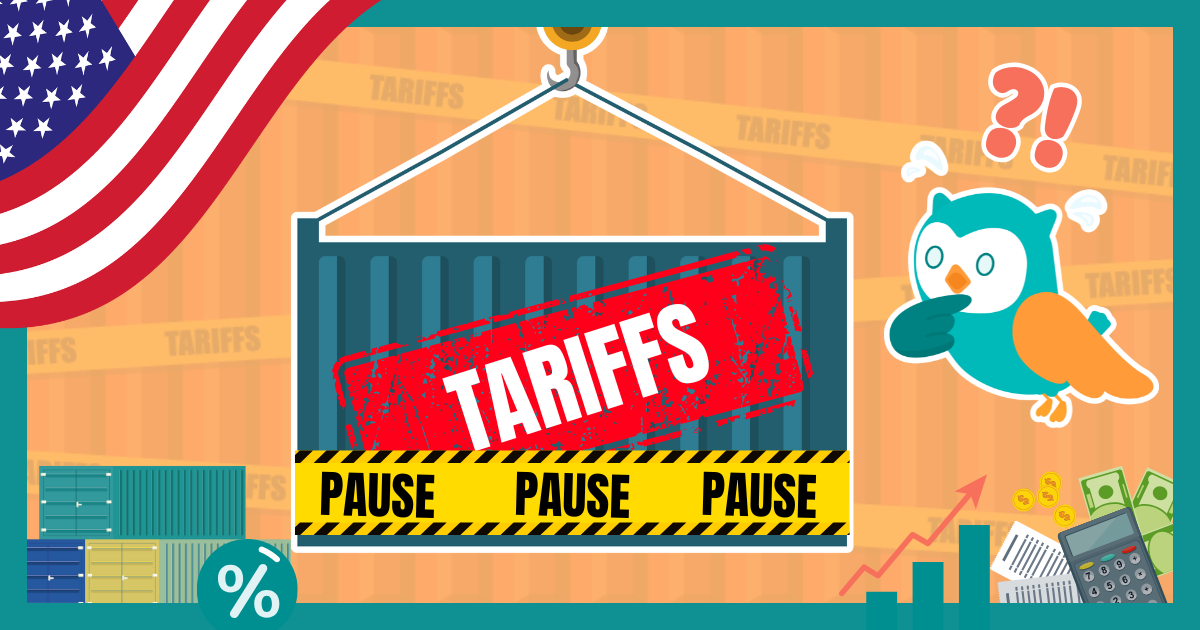Note: It was announced in November 2023 that MoneyOwl will be acquired by Temasek Trust to serve communities under a re-purposed model, and will move away from direct sale of financial products. The article is retained with original information relevant as at the date of the article only, and any mention of products or promotions is retained for reference purposes only.
______________
This week, we share insights on why overweighting in any particular market or sector is not a good long-term investment strategy.
(18 April 2022 – 22 April 2022)
A strong start last week wasn’t enough to prevent the major US stock indexes from falling for the third week in a row, resulting in S&P 500 and MSCI World Index declines of 2.73% and 2.17% respectively. MoneyOwl’s 100% Equity portfolio were relatively resilient, declining only by 1.48%. Global equities had been on track for a positive week until Thursday morning, when stocks began a steep descent that extended into Friday amid further signs of stronger tightening monetary policy from the Fed. In Fixed Income, the Bloomberg Barclays Global Agg bond Index declined 0.68% with the US 10-year treasury yield rising by 4bps to 2.90%.
In the last few years, it has been popular for investment advisors to “strategically” overweight the United States in their asset allocations by adding the S&P 500 index to a globally diversified portfolio benchmarked to the MSCI World or MSCI All Country World index. The simple reason is that it improves the historical returns that can be used to attract investors, thanks to US and technology stocks outperformance on the back of technology sector growth since the Global Financial Crisis in 2008.
Last week’s price action showed us that such bets made on back of historical outperformance may not pan out. The recent underperformance in US technology sector was triggered by the rise in the Federal Reserve benchmark interest rate due to monetary policy tightening and last week Netflix’s stock price decline amplified the Nasdaq 100 Index falling momentum.
It will do investors good to remember that investment opportunities exist all around the globe, but the randomness of global stock returns makes it exceedingly difficult to figure out which markets are likely to be outperformers. Fortunately, a global diversified portfolio does not have to deal with this kind of uncertainty.
As opposed to overweighting to a few countries or particular sectors to potentially capture higher returns where they have “already appeared” is also in direct conflict with the famous saying “past performance does not guarantee future results”. A globally diversified portfolio with appropriate “weights” assigned will serve investors well to help provide more reliable outcomes over time.
Here is a glance at what else is going on in global markets this week:
Global Growth Forecast Dimming
The International Monetary Fund and World Bank cut its forecast for global economic expansion this year as a result of Russia’s invasion of Ukraine, and is planning to mobilise a funding package bigger than the Covid-19 response for nations to deal with various resulting and ongoing crises. They cited risks including a possible worsening of the war in Ukraine, escalation of sanctions on Russia, a sharper-than-anticipated slowdown in China, and a renewed flare-up of the Covid pandemic.
Netflix Streaming Stumble
For the first time in 10 years, Netflix (NFLX) lost 200,000 subscribers in a single quarter, well below its guidance for 2.5 million expected increments in subscribers. The streaming service would have added 500,000 users had it not lost 700,000 subscribers from Russia. The company expects to lose 2 million net subscribers in the second quarter of the year. Shares of Netflix dropped 35.1% to $223.69 on Wednesday, their worst day since October 2004 when shares fell 41%. The stock has dropped 63% so far in 2022.
China’s Covid Policy
The Chinese Communist Party’s flagship newspaper called on the nation to support President Xi Jinping’s Covid Zero strategy, as anger grows over lengthy lockdowns in Shanghai, which reported its first deaths of the current outbreak during the week. China’s worst Covid-19 outbreak in two years is hurting the economy and prolonging the country’s property slump.
Interest Rates Moving Higher…and faster?
On Thursday, Federal Reserve Official James Bullard said the central bank needs to move quickly to raise interest rates to around 3.5% this year with multiple 50bps hikes and that it shouldn’t rule out rate increases of 75 basis points in a single hike. The comment triggered a sell-off in global equities, which ended the week with a negative return despite moving higher for the first three days of the week.
Read more Market Insights here.
Disclaimer: While every reasonable care is taken to ensure the accuracy of information provided, no responsibility can be accepted for any loss or inconvenience caused by any error or omission. The information and opinions expressed herein are made in good faith and are based on sources believed to be reliable but no representation or warranty, express or implied, is made as to their accuracy, completeness or correctness. Expressions of opinions or estimates should neither be relied upon nor used in any way as an indication of the future performance of any financial products, as prices of assets and currencies may go down as well as up and past performance should not be taken as an indication of future performance. The author and publisher shall have no liability for any loss or expense whatsoever relating to investment decisions made by the reader.




